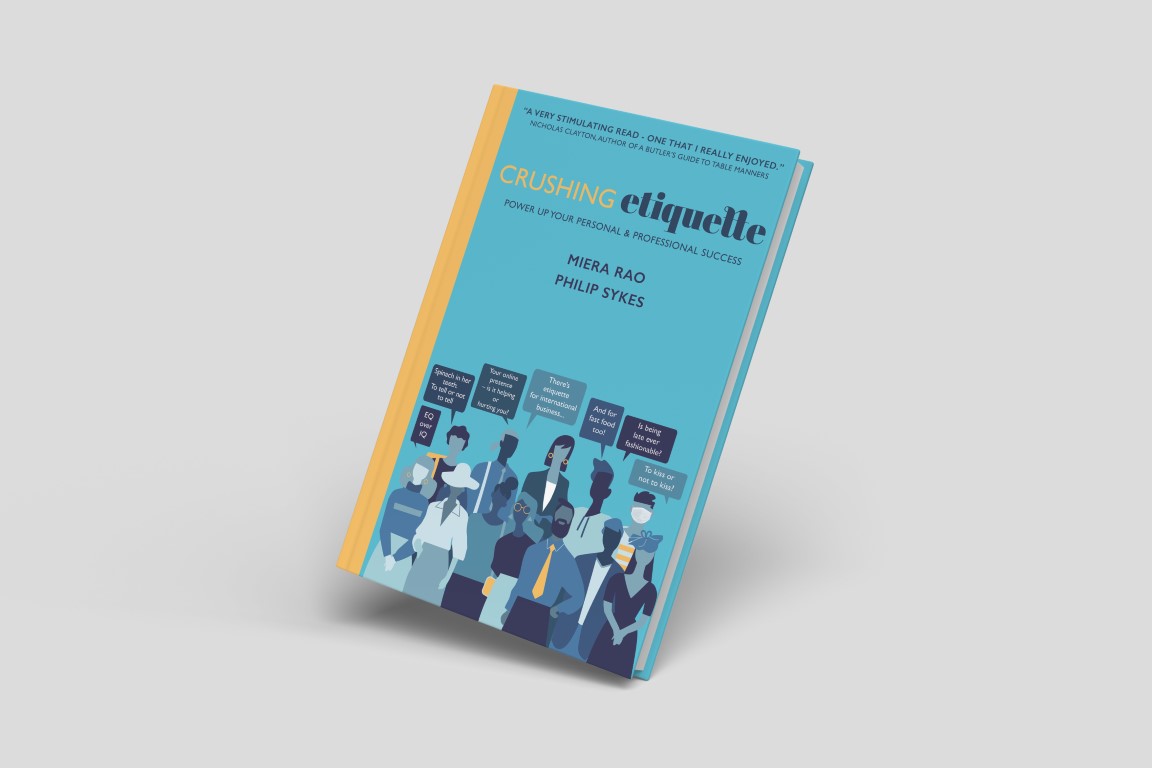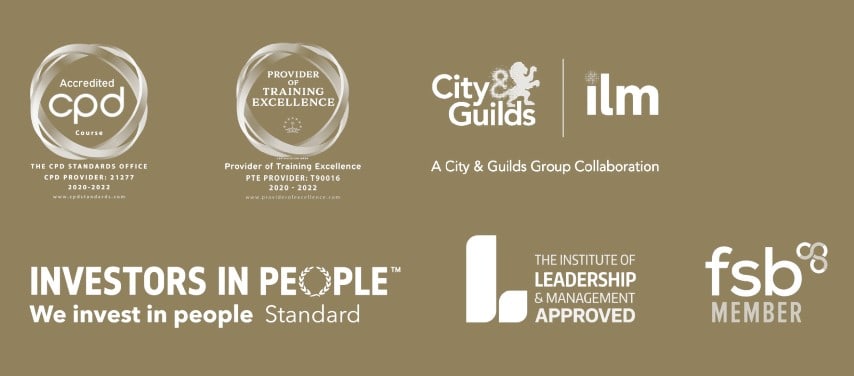Mindfulness has become something of a buzzword in the last few years, resulting in a plethora of apps, books and online courses promising to make you more Zen. While it would be easy to dismiss it as a passing trend, there is concrete evidence that practicing mindfulness can help combat stress and anxiety.
Mindfulness can take different forms such as meditation, gratitude or prayer but knowing how to de-stress, decompress and undo a racing mind are all valuable tools to master. Staying focused on the present moment has the additional benefit of making us less reactive to the emotional triggers that inevitably arise in our everyday lives. This in turn will manifest itself in our outward behaviour and interactions with other people. By practicing mindfulness during confrontations, arguments and stressful situations, we are able to tap into a calmer state of mind and choose to respond in a kind and well thought-out manner
What is mindfulness?
While the word ‘mindfulness’ has its roots in late 19th century Buddhism, its modern meaning is generally taken to be: “The awareness that arises through paying attention on purpose in the present moment.” When you are mindful in your interactions with others, you pay attention to those around you and notice how they may be affected by what you say or do. It is no coincidence that the phrase parents often use to encourage their children to think about the appropriateness of their behaviour is “Mind your manners”.
How can we use mindfulness in our daily lives?
Mindfulness has two components. The first is to be completely present in that moment and to be aware of your thoughts and the feelings of your immediate surroundings. The second is an attitude of openness and curiosity to whatever changes may occur in that moment and being able to attend to those changes in a non-judgemental and accepting manner.
To put this into a practical context, imagine that you are running late for work and stuck in a seemingly endless traffic jam. Your emotional reaction is that you feel angry and frustrated. Perhaps you feel like leaning on the car horn or unleashing a stream of expletives at the driver who is not letting you move into the other lane. If you choose instead to apply a mindfulness practice to the situation, you focus on your breath and recognise that the traffic jam is out of your control. As a result, you will not only avoid an angry confrontation but are also likely to arrive at your destination with your good mood intact, which in turn will impact on those around you.
Benefits of Mindfulness
As well as reducing stress, mindfulness can also help improve your relationships. When you start paying attention to the here and now, you listen more intently to what others have to say and your own responses are more sensitive and considered.
The beneficial effects are not just limited to your family or close circle of friends and business colleagues. Staying engaged with your current situation shows respect and courtesy to anyone you come into contact with as you go about your day. You are more likely to remember to thank the barista who made your morning latte if you are not busy checking emails on your phone or running through your to-do-list in your head. Whether you are speaking to someone at the front desk, asking for directions or paying for your groceries, it is rude and dismissive to be disengaged from the conversation. Eye contact is an important part of mindful body language and, along with a relaxed and open facial expression, makes a huge difference when you are talking to someone.
Mindfulness is a powerful tool which, if used regularly, can help us navigate life’s challenging moments and deal more effectively with conflicts. Kindness and courtesy flow more freely when we let go of judgements and remain calm and collected amidst the busyness of everyday life.
Key lessons to learn from mindfulness
• Mindful speech – Think before you speak or hit ‘send’ on a text or email.
• Mindful listening – Focus, engage and ask questions.
• Mindful eating – Take time to notice how the food smells, tastes and feels. This will also improve your table manners by making you more aware of your movements and posture.
• Mindful body language – Be aware of your facial expression, posture and any tendency to fidget.
• Mindful actions – Choose to be kind, respectful and inclusive in your daily interactions.










